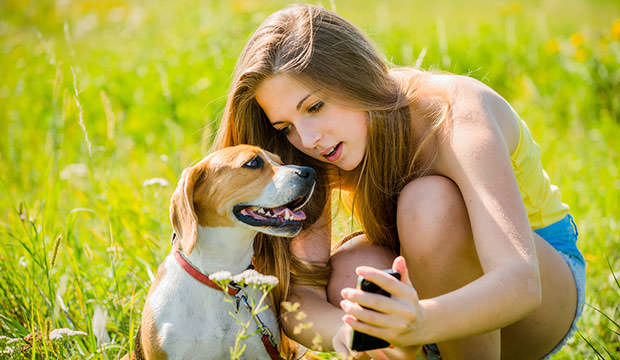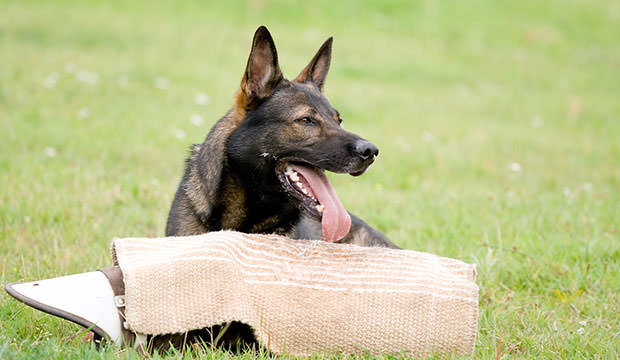
Lately there have been a lot of articles about dogs being very similar to humans and on why they are so good buddies of ours. Well, here’s another one.
You know that ‘eureka moment’ when you finally understand something important or when you solve a complicated puzzle? New research suggests that we’re not the only species to experience this. Dogs, too, gain pleasure from solving a tricky conundrum.
The research was carried out by Dr Ragen Mcgowan and colleagues from the University of Agricultural Sciences in Sweden and through series of experiments the scientists have realized that dogs are much happier when they earn a reward by performing a task, rather than simply being handed a treat.
The researchers used six matched pairs of beagles. Each of the 12 dogs was trained to use three of six different pieces of equipment, ranging from a ‘dog piano’ to a lever that would make a bell ring. The other dog in each pair was trained on the other three pieces of equipment. Subsequently, the dogs were taken to an arena which had all six experiments installed.

At the entrance to the arena the dogs were held behind a gate, while also inside was a ramp leading to one of three rewards – a treat, a person to pet them, or another dog. Each of the dogs in the pair took turns being the control and then the experimental dog. The experimental dogs were only given access to the treat on the ramp when they successfully manipulated the three pieces of equipment they had previously been trained to use.
Meanwhile, the control dogs were given access to the reward when the puzzles were solved by their partner in the other arena, regardless of how they used the equipment. The dogs in the pairs were then tasked with performing the same routine several times, and also played both roles of experimental and control dog.
On repeated runs they showed visible excitement, such as wagging their tails vigorously when being led to the entrance to solve the problems again.
“Animals may experience positive affective states in response to their own achievements.
Experimental dogs showed signs of excitement (for example, increased tail wagging and activity) in response to their achievements, whereas controls showed signs of frustration (for example chewing of the operant device) in response to the unpredictability of the situation,” said the researchers.
